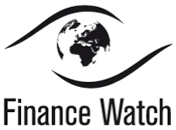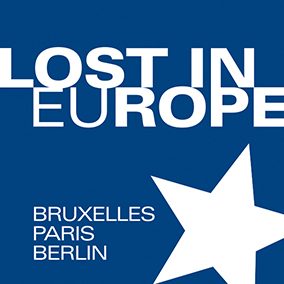Chances to lose in Turkish democratization process
KOMMENTAR von Jürgen KLUTE, erschienen in EP TODAY
Turkey and its possible accession to the European Union have been, for many years, in the focus of emotionalized and controversial debates. It is not surprising that, as Europeans, we are normally more concerned about consequences we expect for the European project, rather than outcome that might follow for the citizens in Turkey. Still, many deputies as well as civil society activists also share a strong interest in a deep and lasting democratization of one of our most important neighbour States.
Thereby, European politicians should keep in mind one crucial point. From about 70 million citizens, 20 million are part of the Kurdish "minority". Ever since the founding of the Turkish Republic, they have been marginalised, politically, culturally and economically. Speaking Kurdish in public can be a reason for many years in prison, as Ms. Leyla Zana, Sakharov winner in 1995, had to learn.
The so-called "Kurdish question" is the key for Turkish democratization process. Only if the majority and its representatives finally acknowledge Kurdish citizens' full and equal rights, only if they stop to ban progressive pro-Kurdish parties, if they give South East Anatolia the same chances to develop and find a way out of poverty, only than, peace and democracy will have a real chance in Turkey.
Following the ban of pro-Kurdish "Democratic society party" (DTP) in December 2009, Erdogan government has arrested more than 1500 of its members and activists. Elected politicians are facing a global ban from any political activity. At the same time, Turkish society is tired of a seemingly never-ending conflict. Taboos are being broken, such as the explicit naming of the Kurdish question, the will, expressed by President Abdullah Gül to reconciliate the two most important people living in his country, or the opening of a governmental TV channel, broadcasting only in Kurdish language.
From February, 27th to 28th, a peace congress held in Diyarbakir, proved both the firm will of the Kurdish movement to contribute to a peaceful solution of violence and anger between Kurdish and Turkish citizens. On the other hand, we should not forget to recognize as well the government's readiness to let such a first step happen and such an offer of dialogue to be expressed.
For international partners, there would be a feasible opportunity to act as a mediator encouraging both sides to go even further in dialogue and mutual acknowledgment. Unfortunately, European governments are not taking this chance. Quite the opposite - governments in France, Italy, Belgium and Germany, chose to follow the wrong example, given by their homologues in Ankara. From the beginning of March, Kurdish community centres are being violated, politicians are being detained and journalists' technical equipment is being confiscated. While judges released every single man and woman detained in dubious police campaigns, stigmatisation of the Kurdish community living in Europe persists. And in Turkey, voices calling for escalation and exclusion, feel backed by an important part of the Western world. Seemingly, Europe chooses not to take the opportunity of reconciliation in Turkey.
Link to EP Today Website!



